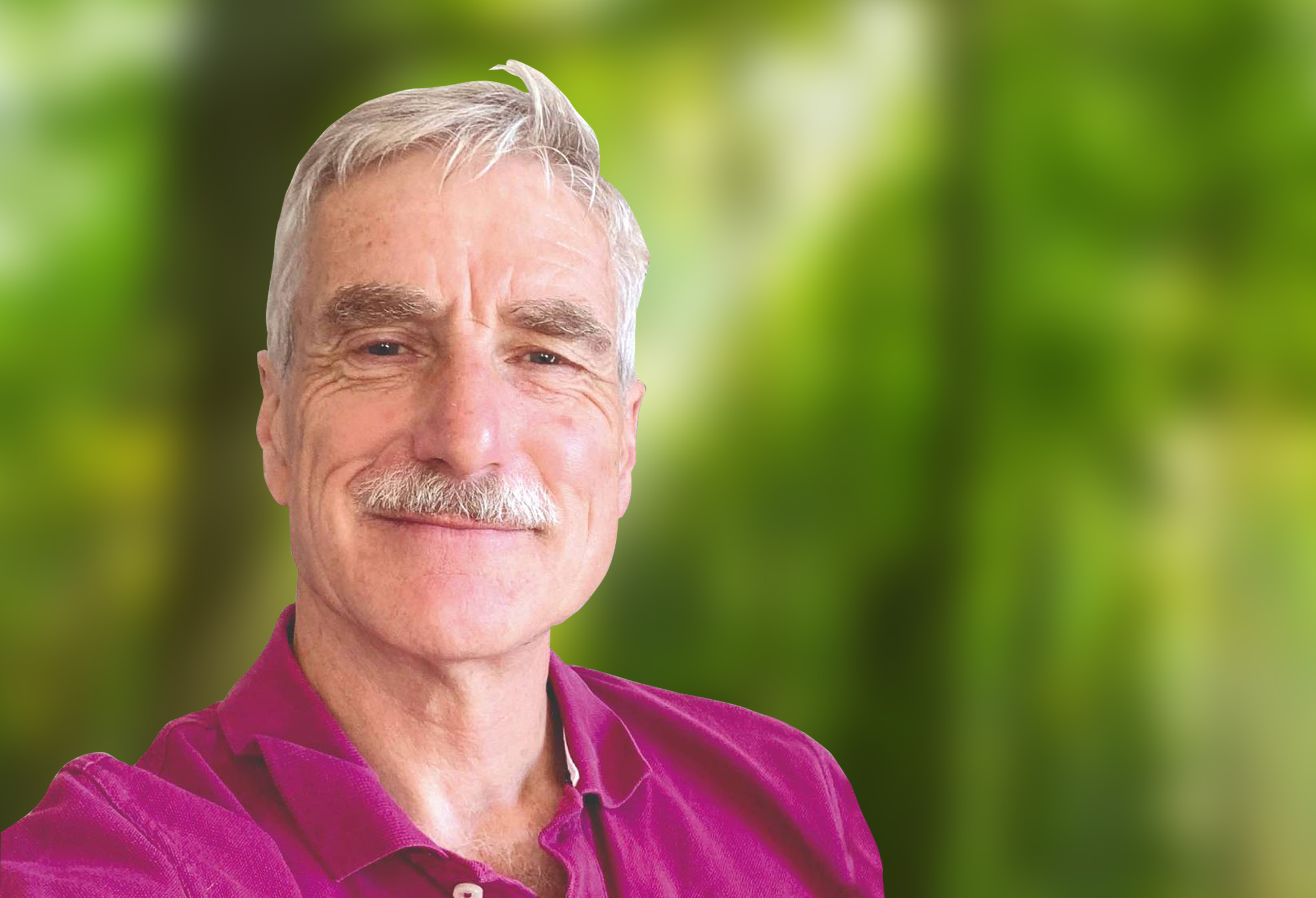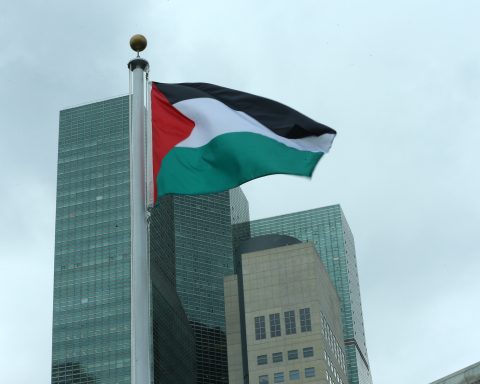Abdennour Toumi: The media played a key role in mobilizing the first wave of Arab uprisings between 2010 and 2011 but played a far more negative role in the transitions which followed. What went wrong?
David Powell: The mainstream Arab media, particularly the pan-Arab regional media, certainly played a role in promoting the astonishing spread of uprisings and revolutions that started in Tunisia in later 2010 and spread to several Arab countries the following year. In Tunisia, the protests against economic hardship, oppression and corruption that led to the departure of President Ben Ali were beamed nightly across the region. Even more dramatically, the mass occupation of Tahrir Square in Cairo and the electric atmosphere of a people discovering it had the power to bring down President Mubarak stunned the region and the world. Suddenly, young Arabs could see their counterparts in neighboring countries breaking the barrier of fear and finding themselves able to dismiss their autocratic and corrupt rulers. But this heady and romantic phase of the so-called Arab Spring revolutions, and the idea that freedom was within the people’s grasp, soon gave way to disillusionment with the reality that, while old figureheads had departed the scene, much of the power of the ancient regimes remained in place.
The complicated nature of the transitions in these and other states, and the political battles these entailed, in turn, pointed to the difference in the outlook of the different Arab media outlets. In Egypt, for example, after the military coup that deposed President Morsi and crackdown on the Muslim Brotherhood, the pro-Islamist Al Jazeera took an implacably anti-regime line in its coverage. By contrast, the reporting of the pro-Saudi Al Arabiya channel and pro-UAE Sky News Arabia was and remains favorable to the Sisi regime and antagonistic to the Brotherhood, reflecting the anti-Islamist position of Saudi Arabia and the UAE. By the same token, the pan-Arab media has supported different sides in the Libyan political divide, according to the ideology or political preference of their Gulf patrons. Such divisions have done little to help bridge the political divide in post-revolutionary Arab countries.
Abdennour Toumi: Knowing the narrative of Arab media, in general, is mainly a militant state-controlled media, while there are cases where some “independent” prints and transnational broadcasting such as the Al Jazeera network did play a positive role to change the dynamic of domestic politics and even in MENA geopolitics. What is your take on this?
David Powell: I would question the idea that any regional Arab media outlets are “independent”. All are effectively state-controlled, even if nominally private. Pan-Arab papers and broadcasting outlets are overwhelmingly owned by either government in the Gulf or by business figures who preserve close links to the ruling families. While most Arab regional media outlets portray themselves as presenting an independent view, this generally means one that directs criticism at rival governments, rather than domestic shortcomings. When Al Jazeera began, in 1996, it broke the taboo on attacking Arab regimes and was proud to attract the hostility of these regimes. In the early days, its supporters argued that it would be politically independent since Qatar was not a significant political player. Qatar has since clearly sought a regional and international role, in large part as a challenge to its neighbor Saudi Arabia. The former emir also strongly supported the Muslim Brotherhood, all of which gave Al Jazeera’s reporting a distinct political and ideological edge. During the Gulf crisis, when Qatar was boycotted by Saudi Arabia and its allies, the media on either side behaved in the same way as traditional state-dominated local media, attacking the other side incessantly.
These regional media giants, therefore, continue to reflect official positions much as the local Arab media did for decades. And an increasingly sophisticated Arab viewing public today, always hypersensitive to the changing political directions reflected in all the pan-Arab stations, detects this bias and is, therefore, less likely to accept their coverage as trustworthy.
Abdennour Toumi: Generally speaking, the media in MENA region socio-political mutations across three mass-media elements: prints, public and private broadcasting, and social media. All these three elements played relatively positive roles following the first and second Arab uprisings. How do you qualify this?
David Powell: The traditional Arab print and broadcast media played an important role in covering the Arab uprisings and thereby raising awareness across the region. But, in the decade since the 2011 uprisings, the traditional media has proved itself basically loyal to states and powerful interest groups rather than reflecting the aspirations of ordinary citizens. To give one example, the 2015 Saudi-led coalition military campaign was initially covered uncritically by all the major Gulf-based pan-Arab stations, including Al Jazeera. The reporting of civilian casualties from the coalition bombardment only started to be highlighted by Al Jazeera once Qatar had left the coalition.
Since 2011, an increasingly young and tech-savvy population in the Arab countries has steadily come to rely more on the ever-growing number of social media platforms to find out what is really going on in their countries. It is these platforms that will therefore become more important than traditional media in both raising awareness of social issues and mobilizing political action. In Tunisia, for example, the social groups that have mobilized in opposition to President Kais Saied, such as Citizens Against the Coup, have done so on social media.
Abdennour Toumi: When the first wave of Arab uprisings in the MENA region, they were accompanied by hopes of a new era of democratization and reform with the potential of transforming the region politically, economically, and socially. Yet, a decade later, a lot has changed in the region, causing instability and chaos. Is the elite or the media to blame? Or it is a matter of the local political “fait accompli?”
David Powell: The failure of democratization in the MENA region, after the heady days of 2011, has several causes. Chief of these is the willingness of regimes to use brute force to stay in power, as in Syria, or to offer angry citizens merely a cosmetic change, while preserving the same control over the country, as in Egypt. The civil wars in Syria and Yemen, and the Libyan-style militia-dominated chaos have clearly shown that the path to democratization will be a long one in the MENA region. The media coverage of these conflicts has presented to a weary Arab public the potentially disastrous outcome of the revolution. Clearly, regimes in power have a vested interest in seeking to persuade their population that agitating for change risks putting their country on the road to similar chaos and violence. So, they are quite happy to see these conflicts played covered by the stations they sponsor. But it is fundamentally the ability of the regimes to undermine and frustrate local movements seeking change, not the media outlets themselves, that is to blame for the slow progress of democracy. That said, the sudden outbreak of popular demonstrations in Sudan and Algeria in 2019 showed that deep-seated economic and political grievances remain in countries across the region, and the aspiration for democratic change is still strong under the surface.
Abdennour Toumi: Despite the high politicization of the masses in the MENA region, mass media are still a destructive force in the dynamic of change. Is the poor performance of the mass media replaced by the popularity of social media?
David Powell: It is arguable that social media and the reliance of many in the region and beyond to rely on it for news and information undermine the power of traditional media. But to describe mass media as a destructive force would be an overstatement. The clear inability of pan-Arab media to break free from the shackles of government control reduces its influence among readers and viewers. Social media offers the Arab people wide public access to news and information, but the anarchic nature of the Internet exposes users to the dangers of misinformation and deliberate disinformation. Social media cannot, therefore, be a substitute for proper professional journalism that seeks impartial and reliable coverage of events. This must remain the aspiration for journalists in the Arab world. But genuinely free media cannot come without democracy. Autocratic regimes that place their survival above the welfare of their citizens will not tolerate criticism and free journalistic inquiry which would provide the tools for citizens to hold those in power to account. Regimes will, as now, allow criticism only of those they deem the country’s internal and external enemies.
Abdennour Toumi: The mentality of patronization and politicization of the media by the regimes in the MENA region disturbs journalistic autonomy, freedom, and professionalism. How could one change this mentality?
David Powell: I see no way to change the mentality of autocratic regimes who are willing to go to great lengths to preserve their power and who therefore seek to control the media. The idea that criticism of the ruler, whether monarch or president, is a sign of disloyalty runs deep across the Arab region. This hampers the emergence of free journalism based on the philosophy that self-criticism and a willingness to acknowledge problems lead to improvement in society. Democratization will come before, not after the emergence of genuinely free media.
Abdennour Toumi: Do you have a say on the assassination of the Palestinian journalist Shireen Abu Akleh?
David Powell: The shocking shooting dead of Al Jazeera reporter Shireen Abu Akleh, while she was covering clashes between the Israeli army and Palestinian factions in the Jenin refugee camp, rightly caused international shock and condemnation. Witnesses and colleagues present when she was shot reported that an Israeli soldier deliberately targeted her. Israeli authorities initially suggested Palestinian fighters were to blame but the military has reportedly refused to hold an inquiry. While the eyewitness accounts of Israeli forces firing on the journalists appear compelling, serious questions remain to be answered. Why would Israeli forces “assassinate” Abu Akleh? She had, after all, been reporting from Jerusalem for 25 years. If there is a new Israeli policy of killing journalists to stop them from covering actions by the Israeli military, it’s hard to imagine a more counterproductive move, especially so since she held US citizenship. An independent inquiry is clearly needed to establish how and why Abu Akleh came to be shot and for the guilty, whoever they are, to be punished. Failure to do so will only increase the suspicion that Israel is covering up a crime. But in the Arab world, media outlets have already judged Israel to be guilty. That’s hardly surprising, since demonizing Israel has always been the reflex attitude of Arab media outlets for decades. Arab regimes have encouraged this since Israel has long been a useful external target that deflects attention from domestic problems. But a more nuanced understanding of Israel, its people and politics, may now come with the increasing number of Arab countries willing to put relations with Israel on a more rational footing.













